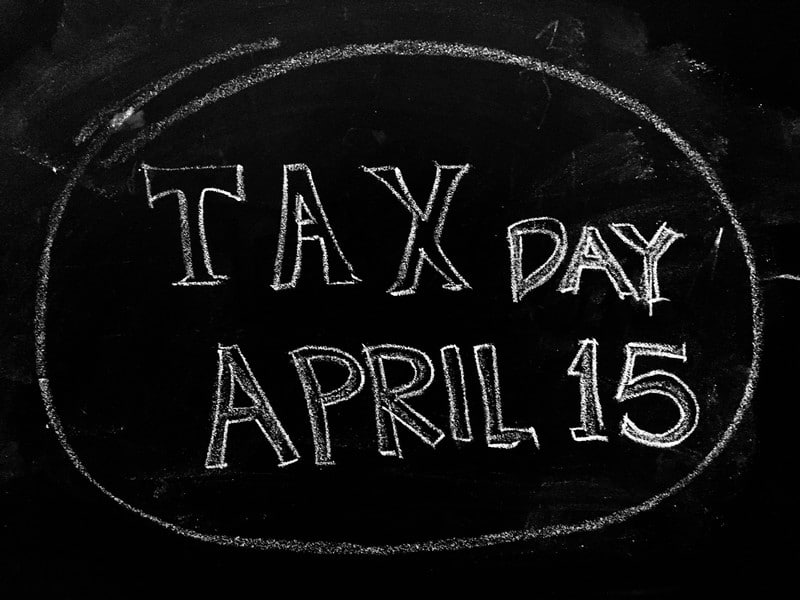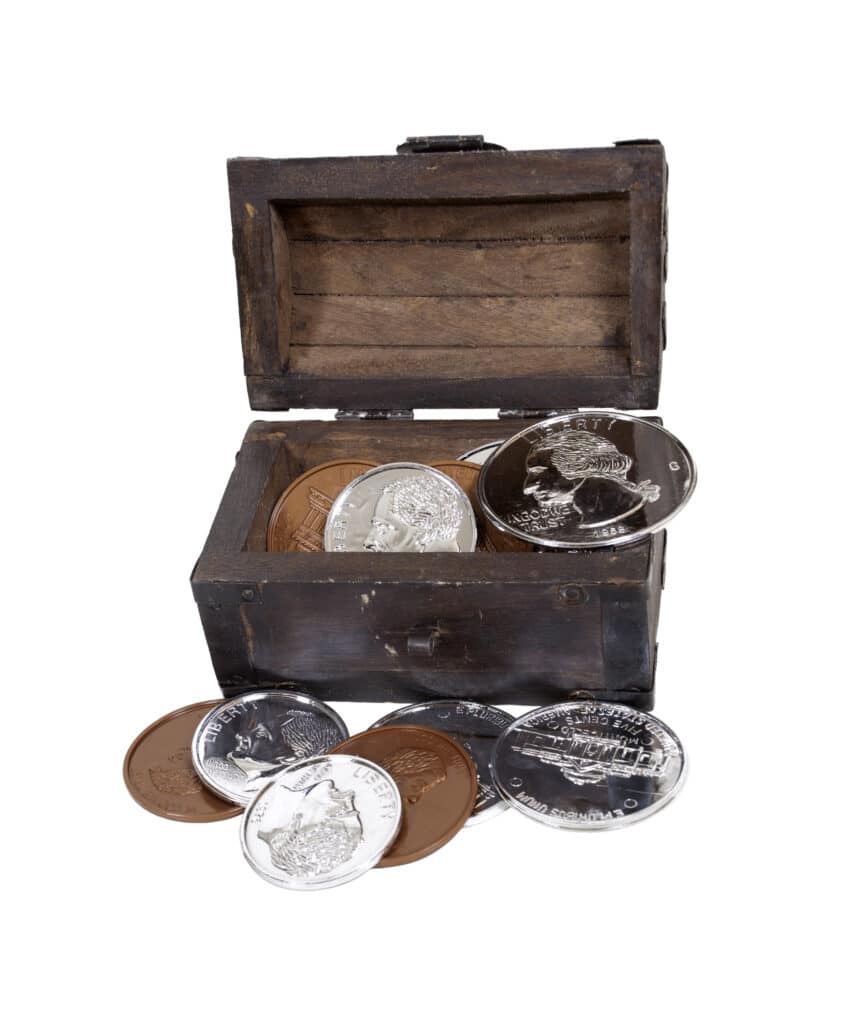While owning a business is far from easy, there are more benefits to entrepreneurship besides the income. If you are concerned that starting a small business or “side hustle” is going to negatively impact your taxable income, you should consider changing that mindset. In fact, business ownership brings you many more deduction opportunities than a traditional W-2 employee would have.
What can a business owner deduct?
There are many business deductions available to small business owners that are often overlooked. To ensure you are maximizing your business income and taxes, we recommend working with a tax professional, such as a CPA or Tax Strategist, so they can help you navigate through these extra deductions.
A few of the deductions you can benefit from as a small business owner include:
1. Start-up Costs
If you’ve ever been nervous about the startup costs associated with starting your own business, this tax saving opportunity may put you at ease. While this is not a true tax deduction, you are able to treat your start-up costs as a “capital expense.” As your business realizes its profitability over the years, you can begin to deduct your capital expenses. You can read more about amortization and how to maximize your start-up costs by checking out Publication 535.
2. Advertising and Promotions
Any kind of marketing initiative can be deducted from your taxes as long as it is business-related. Whether it’s traditional marketing, such as billboards and business cards, or digital, such as your website and online brand — keeping track of these expenses can be a significant tax saving opportunity for your small business.
3. Auto Expenses
While you cannot simply deduct auto expenses because you own a small business, there is potential for auto expense deductions, if you use your car for business purposes. You can maximize deductions by tracking your car expenses as it relates to your business, such as mileage driven for a business event. This may get a little complicated if you use your car for both business and personal reasons, but tracking everything business-related can offer huge tax savings.
4. Insurance
If your business is still in the ideation phase, insurance may not be on your radar just yet. However, it’s important to note the deduction potential, because not only are health insurance policies deductible, but also property insurance, malpractice insurance, worker’s compensation costs, liability coverage, and even auto insurance. As your small business grows, knowing that these deductions are possible can help you keep more of your income in your pocket come tax season.
5. Travel
If you travel away from your business/home office often, you can deduct your traveling expenses — if your trip consists of primarily business-related activities. Flights, taxis, hotels, and other travel expenses are all eligible. The IRS details all of the traveling deduction opportunities and limitations in Publication 463, but working with an experienced tax strategist is the best way to maximize your business travel deductions.
6. Equipment
When it comes to your small business’ equipment, you have options on how you deduct it. If your equipment is smaller (such as a hand tool), you can deduct that within your taxes as any other expense. However, if your equipment is larger (such as a commercial grade oven for a bakery) then you may account for these in your capital asset record. A good rule of thumb to determine if your equipment is an expense or an asset is to determine its lifespan. If it will serve your business for more than a year, then it is likely a capital asset.
7. Home Office
As long as you have a dedicated space in your home exclusively used for business on a regular basis, you qualify for a home office deduction. This can be quite beneficial come tax season because you can deduct based on either by the square footage of the office (called the simplified option) or by actual expenses of the home’s office (including mortgage interest, insurance, utilities, repairs, and depreciation). Your tax professional will know the best way to utilize this often overlooked (but more important than ever) small business benefit.
8. Miscellaneous Business Necessities
While it’s very easy to focus on the big deductions, often the smaller ones add up to a big savings opportunity as well. When tracking your deductions for the year, don’t overlook the miscellaneous purchases, such as office supplies, stamps, mailing supplies, or software subscriptions. As your business grows, these items will build up, so tracking them now is an important part of saving on your taxes.
Bottom line: If you’re thinking about starting a business or adding a “side hustle,” there are many ways to reduce the impact on your taxable income. Even a small, part-time business venture can provide significant tax saving opportunities for you as the business owner. Curious about how much you could save? Check out our Tax Saving Assessment.


;)
;)
;)